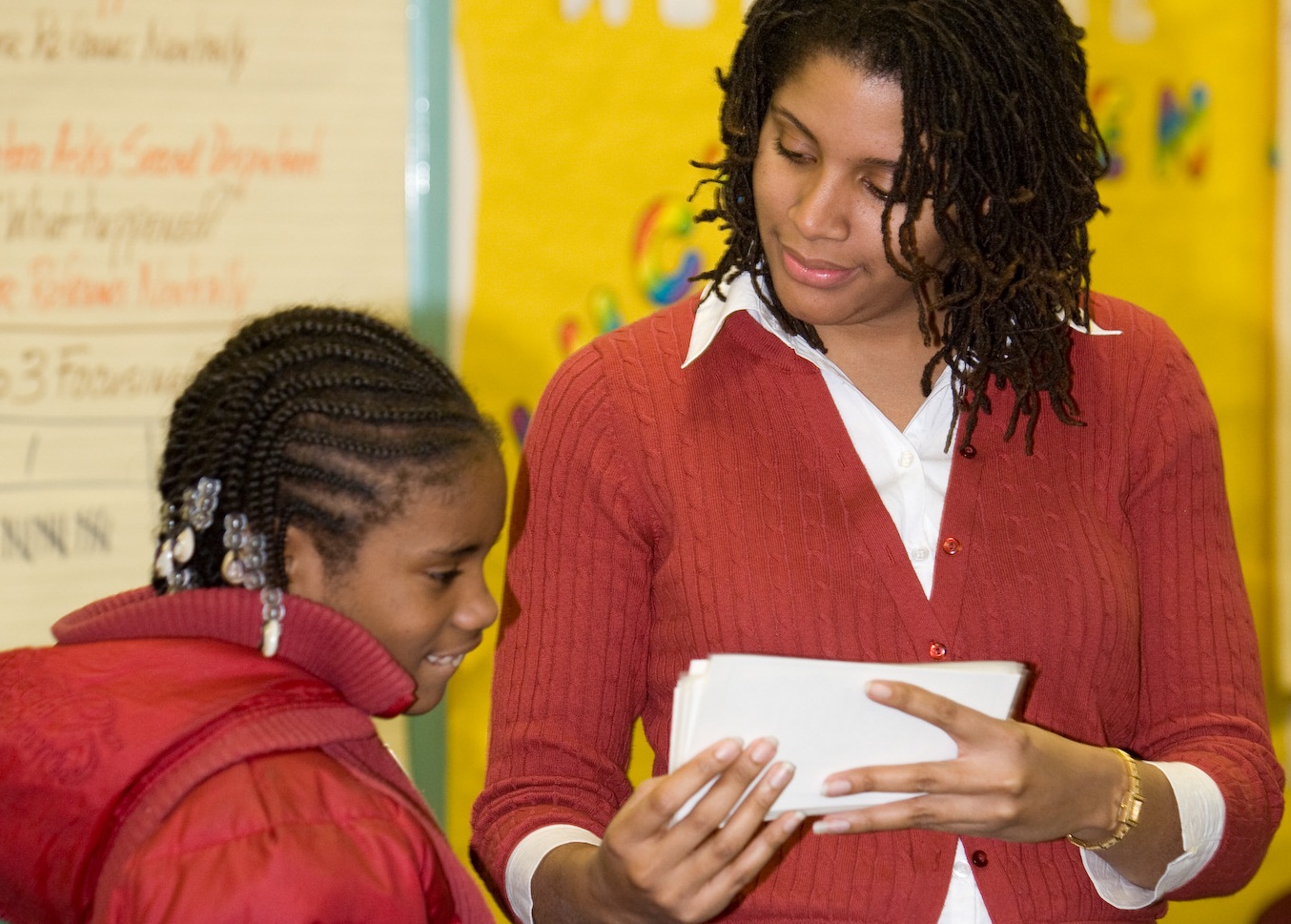In December 2014, The Women’s Foundation announced new grant investments of $630,000 to 20 organizations across the region. In a series of blog posts, we’ve shared more about the strategies behind those investments, including community college innovations we are supporting and early childhood investments to improve quality and access for low-income families in the region. Today, we’ll discuss how we’re taking a two-generation approach to our work, and what that looks like for our Grantee Partners.
The Women’s Foundation’s grant investments are made through Stepping Stones, an initiative designed to increase the economic security of women and girls living under 200 percent of the federal poverty level (currently $39,580 for a family of three). We accomplish this goal by investing in three core issue areas that research has shown to have the greatest influence on the economic security of low-income women and their families: asset building, early care and education and workforce development.
Our most recent grants spread investments across the region—in Washington, DC; Montgomery and Prince George’s Counties in Maryland; the city of Alexandria; and Arlington and Fairfax counties in Virginia. In total, these investments are projected to reach over 3,500 women and girls, potentially increasing their assets and incomes by $2.9 million over the next year.
Several of these investments take a two-generation approach to breaking the cycle of poverty.
Two-generation strategies respond to the needs of children and their parents together, to influence short- and long-term economic security simultaneously. This strategy is a natural extension of Stepping Stones’ track record serving female-headed households, which has had tremendous results to date (increasing the income and assets of women and their families by more than $45 million since 2005). However, we know that in order to truly break the cycle of poverty in the Washington region, we must take a lifespan approach to our work. For us, this work began when we expanded our target population to all women under 200 percent of the federal poverty level, and continued last year with the launch of a specific strategy to invest in the long-term economic security of girls. We accomplish this by investing specifically in middle school aged girls and their mothers or female caregivers.
Last year, our inaugural investments were planning grants that allowed organizations the dedicated space, time and resources to explore two-generation strategies that could serve middle school aged girls and their mothers or female caregivers. This year, we’re pleased to invest in a partnership between the YWCA of the National Capital Area and College Success Foundation – DC (CSF-DC). Following their planning grants, this year the YWCA and CSF-DC will engage families through a new partnership with Cesar Chavez Public Charter School’s Bruce Prep Campus in the Columbia Heights neighborhood of the District’s Ward 1. The YWCA is one of a few organizations experienced with serving both girls and women, and brings a gender lens to their work. Through this new partnership, the YWCA will primarily provide supports for the adult women in each family, while CSF-DC will draw upon their expertise serving youth beginning in middle school, as evidenced by their flagship Higher Education Readiness Opportunity (HERO) program. This partnership model builds upon each organization’s strengths, and allows each to more holistically serve families. The Women’s Foundation’s 2015 investment supports additional planning and the launch of the program pilot in summer 2015. With additional resources, these partners plan to bring the program to more women and girls in the 2015-2016 school year.
The Women’s Foundation believes there is great potential for the two-generation strategy across our work, beyond our investments in girls. (For example, the two-generation work we’re supporting at Northern Virginia Community College.) We were selected to be part of the Ascend Network at the Aspen Institute, a national network of leaders pioneering two-generation programs and policies. Through this collective work, we aim to build connections between national and local innovation, and spur additional two-generation work building the economic security of women and girls in our region.


